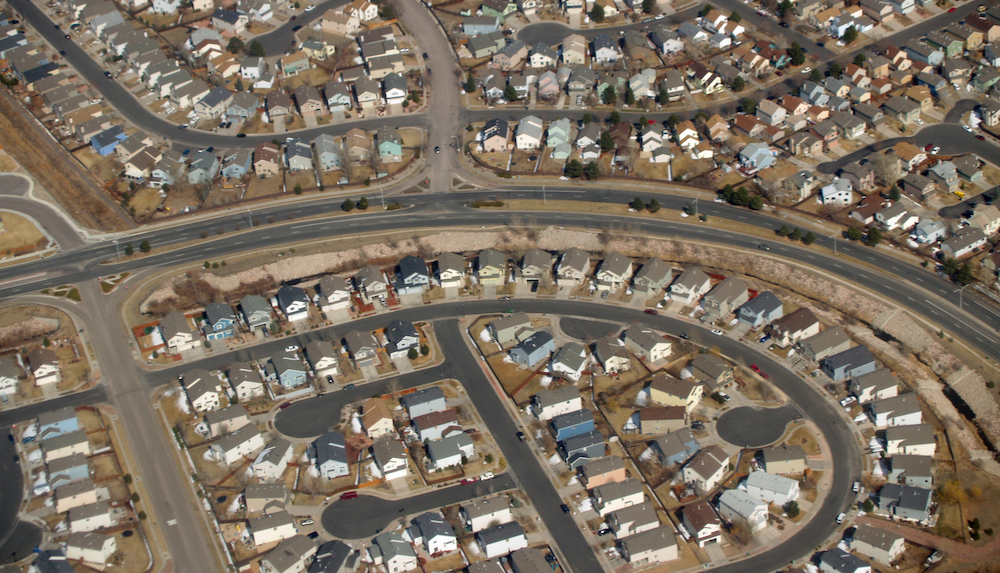The non-profit organization EcoDistricts has launched EcoDistricts Protocol, a process-based framework and performance standard that empowers sustainable neighborhood- and district-scale urban development.
The Protocol is structured around three core areas:
- Three Imperatives: Social, economic, and environmental sustainability is at the center of neighborhood initiatives. These include Equity, Resilience, and Climate Protection.
- Six Priorities: Six rigorous goals, 49 objectives, and 94 indicators are used to scope and define a district’s sustainability agenda. These include: Place, Prosperity, Health + Wellness, Connectivity, Living Infrastructure, and Resource Restoration.
- Three Implementation Phases: A framework sets the conditions for sustained, scalable, outcomes that address the Protocol’s Imperatives and Priorities and meet the specific needs of the district over time. These phases include Formation, Roadmap, and Performance.
“The EcoDistricts Protocol represents an important tool to help city leaders think about sustainability in an integrated way and at a scale that is truly effective,” said Joel Mills, senior director, Communities by Design, The American Institute of Architects. “Using the EcoDistricts Protocol, cities can build momentum for scalable change that transforms urban sustainability and positions communities for success in the 21st century.”
Related Stories
Codes and Standards | Jan 10, 2018
Sliding-scale proposal for civil damages resulting from construction fatalities, injuries draws ire of trades
New York City Council proposal puts limits on penalties for safety violations leading to death, serious injury.
Codes and Standards | Jan 9, 2018
Federal appeals court orders EPA to revise lead standard within a year
Current exposure levels for lead in paint and dust have been in place for 17 years.
Codes and Standards | Jan 5, 2018
Building code officials should vet building product evaluation methods
Evaluation service providers should be properly accredited.
Codes and Standards | Jan 4, 2018
U.S. military needs to do more to address climate change risk for facility design
GAO report cites hundreds of overseas facilities in peril.
Codes and Standards | Jan 3, 2018
China Construction America faces billions of dollars in liability in lawsuit
Court filing alleges massive fraud and breaches of contract in Baha Mar Resort Project.
Codes and Standards | Jan 2, 2018
Smart building tech can reap utility savings of 8% to 18% in commercial buildings
Potential for increased deployment of smart building technology is great beyond early adopters.
Reconstruction & Renovation | Dec 21, 2017
Interactive map includes detailed information on historic New York City buildings
The New York City Landmarks Preservation Commission launched a new, enhanced version of its interactive map, Discover NYC Landmarks.
Codes and Standards | Dec 20, 2017
Moody’s says cities may face credit downgrades if they don’t address climate risks
Credit ratings giant will ask what communities are doing to mitigate risk exposure.
Codes and Standards | Dec 18, 2017
Schools with optimal indoor environments boost student performance and energy efficiency
World Green Building Council report confirms that lighting, indoor air quality, thermal comfort and acoustics impact learning.
Codes and Standards | Dec 14, 2017
Mayors sign Chicago Climate Charter; will strive to meet Paris accord goals
Pledge to push for more local authority to reduce emissions.

















